2013 was one of the best years in terms of innovations that changed the world. By innovations, we don’t mean long-lasting smartphones or self-driving cars, but those advancements which helped make the world a better place for us. The following list includes not only technological innovations, but also those ideas and concepts that have the potential to make millions of lives better.
1. Drones Monitoring Reserves For Illegal Poachers
Ol Pejeta, a Kenyan conservancy, may have come up with a method to protect animals from the constant threat of poachers, especially elephants and rhinos. The Kenyan reserve launched a drone over its land in June to catch illegal poachers in the act. The drone will give constant feedback to personnel and will be able to cover a larger area than the rangers on patrol.
2. Lab-Grown Meat
It may have taken five years, but the researchers at the Maastricht University of Netherland have created a meat patty grown completely from stem cells from a cow’s shoulder. The 20,000 meat protein strands were all artificially grown in the lab. The major investment for the research was provided by Google co-founder, Sergey Brin. Total cost of the project was $330,000 and the first successful results were produced in August.
3. Prepaid Debit Cards for Syrian Refugees
The U.N. World Food Programme has decided to replace paper food ration coupons with prepaid debit cards for the Syrian refugees in Lebanon. More than 300 stores have signed up for the program and will accept the debit cards. The debit cards will not only help the refugees but also the economy of Lebanon, which has recently been strained because of the large number of refugees crossing over to its side of the border due to the Syrian civil war.
4. Clean Fuel Cookstoves
A cookstove which runs on bio-waste pellets is helping to reduce deforestation in Zambia. By replacing the traditional, and dangerous, charcoal-burning stove, the new clean-fuel stove will help reduce Zambia’s annual loss of over 600,000 acres of forests. The fuel pellets are made from disposed sawdust and easily replace petroleum gas and kerosene stoves. Besides saving women the time taken to collect firewood, the pellets also reduce indoor pollution and carbon dioxide emissions.
5. Google Glass Gives Disabled People Independence
The new and famous gadget, Google Glass, has the potential to change so many lives. The greatest application of this technology was shown when Tammi Van Sant was accepted into the Google Glass Explorer program. Van Sant was paralyzed in a car accident 20 years ago and has been trying different devices that could help her type, make phone calls and take pictures. With Google Glass she can navigate for herself, take photos of the world around her and make phone calls with ease. The level of autonomy that the gadget offers for disabled users is a first in assistive technology.
6. Shack Powered By Solar Energy
More than 60% of Africa’s population lives in the slums, where life is difficult due to the lack of resources and sanitation. The iShack makes life in the slums a little bearable and gives the residents of these areas some of the basic amenities that we take for granted. Equipped with solar panels, this simple abode provides clean energy for its inhabitants. With a cost of $660 per unit the iShack has solar panels, a roof that can collect rain water, windows that improve air circulation and a rear clay wall for regulating temperature.
7. Invisible Bike Helmet That Acts As An Airbag
A helmet that you wear around your neck or an airbag for bicycles, were both unheard of. Hövding introduced both new concepts in one package. The device is worn around the neck and inflates on impact like an airbag. While it may look as if it is less safe than the traditional bike helmet, the company claims that it has the best shock absorption capability in the world.
8. Spoon For People With Parkinson’s
Lift Labs has introduced a new spoon that makes eating a lot easier for those with hand tremors due to Parkinson’s disease. The spoon counteracts the movements of a shaking hand by up to 70%. The spoon will soon be joined by a knife and fork, and will make it easy for people with Parkinson’s to feed themselves. Besides this, the utensils will allow those with Parkinson’s disease to maintain a certain degree of self-dignity.
9. Accelerated Crop Growth
Using genome multiplication to increase the yield of crops, improving water-use efficiency and strengthening plants coping with harsh environments, a startup, Kaiima has managed to drastically increase the production of crops. With the world’s increasing population creating a greater demand for food and a significant part of that population going hungry, this project could just be the answer we’ve been looking for. The demand for crops has increased 90% in the past thirty years and Kaiima’s approach can help meet that demand.
10. Beef Tendon Condom
Even though condoms are the most affordable and reliable ways to prevent pregnancies and the transmission of disease, men prefer not to use them due to the loss of pleasure during intercourse. The Bill & Melinda Gates Foundation gave $1 million in grants to scientists working on creating the next generation of condoms. One such project involves using cow tendons to replicate the feel of human skin and hence avoid the loss of pleasure that conventional condoms create.



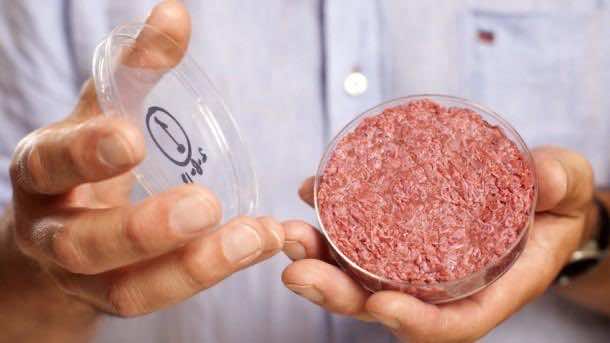


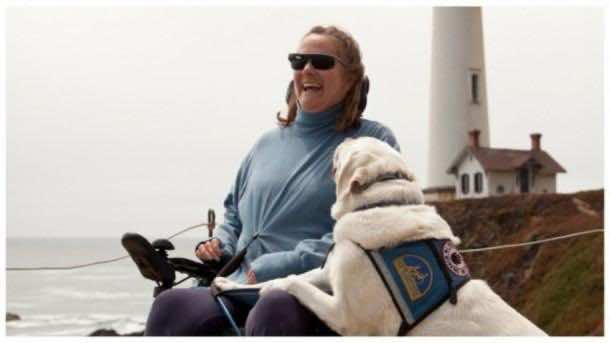
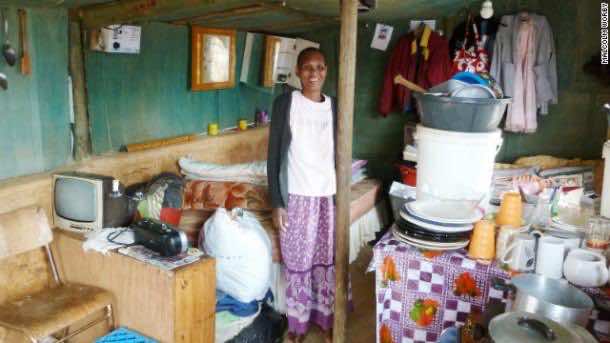

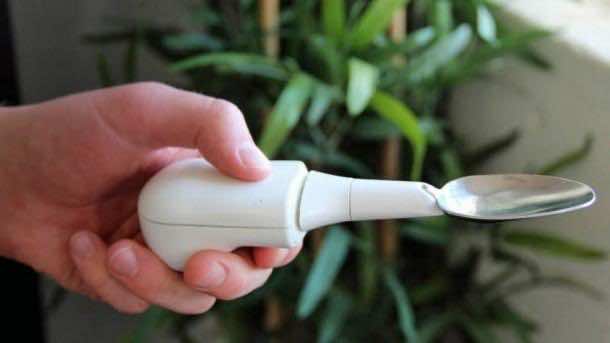

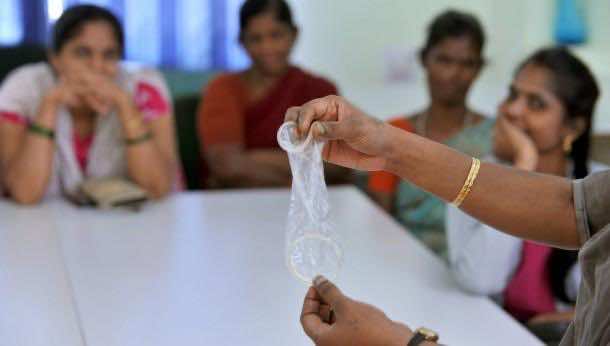

Its amazing